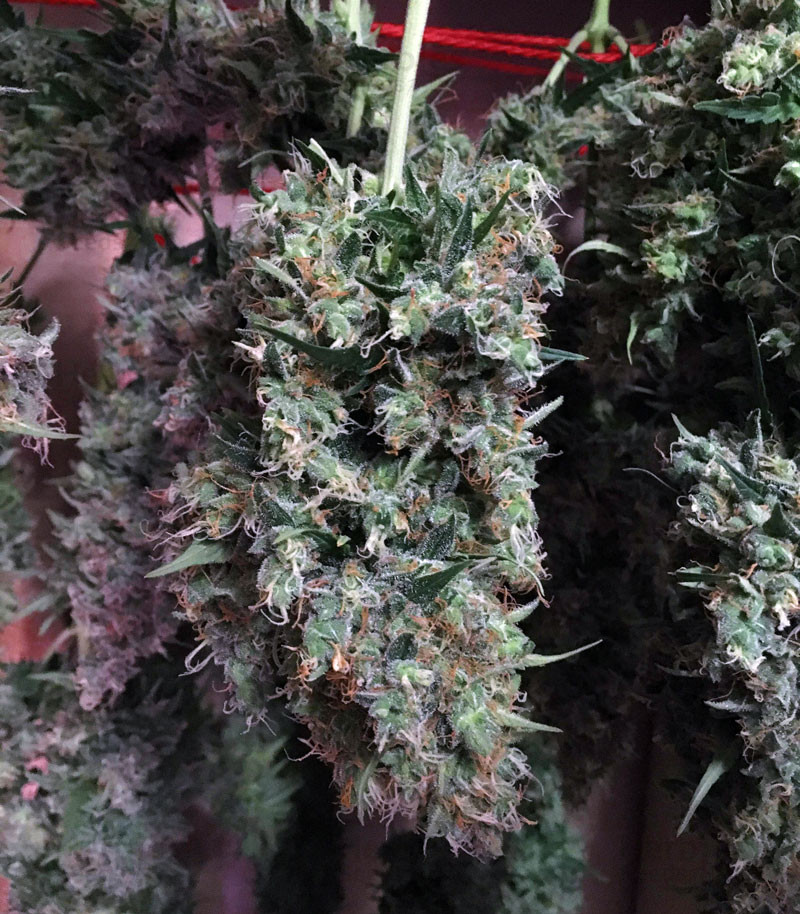In modern several years, Canada has emerged as a trailblazer in hashish laws, with the legalization of leisure marijuana in 2018. On the other hand, while the cultivation and consumption of cannabis are now lawful, it is really crucial for lovers to realize the nuanced legal implications, specifically when it will come to developing autoflower hashish.
Autoflowering hashish, prized for its quick development and resilience, has obtained reputation amid dwelling growers. But, beneath the area, there is certainly a complex legal landscape that cultivators need to navigate. Let’s delve into the legal implications of rising autoflower hashish in Canada, checking out polices, licensing specifications, and potential risks.
Being familiar with the Legal Framework
Canada’s Hashish Act, enacted in 2018, lays the basis for the lawful cultivation, distribution, and consumption of hashish. Below this legislation, people are permitted to develop up to four cannabis vegetation per domestic for personalized use, no matter of whether they’re increasing photoperiod or autoflowering strains.
On the other hand, though the act provides a typical framework, every province and territory has the authority to establish its very own polices concerning hashish cultivation. This signifies that the particulars of increasing autoflower cannabis could range relying on the place you reside in Canada.
Provincial Laws and Licensing Prerequisites
Ahead of embarking on your autoflower cannabis cultivation journey, it really is critical to familiarize oneself with the rules precise to your province or territory. Although some regions might impose nominal limitations, many others may perhaps require men and women to obtain licenses or adhere to stringent recommendations.
For instance, in Ontario, residence growers need to guarantee that their cannabis crops are not obvious from general public areas and are securely saved to protect against access by minors. Additionally, there are limits on the place hashish can be cultivated, with outdoor cultivation prohibited in specific locations.
In check this site out , provinces like British Columbia have embraced a much more lenient solution, making it possible for for greater versatility in dwelling cultivation tactics. Nonetheless, even in areas with much less limits, it truly is crucial to continue to be knowledgeable about any modifications to laws that may well impression your cultivation routines.
Prospective Legal Risks for Dwelling Growers
Though the cultivation of autoflower hashish for individual use is authorized in Canada, there are nevertheless potential authorized challenges that home growers should really be knowledgeable of. Just one this kind of possibility is the unauthorized sale or distribution of hashish, which stays unlawful underneath the Cannabis Act.
In addition, property growers must guarantee compliance with polices relevant to hashish possession restrictions. In Canada, men and women are permitted to have up to 30 grams of dried cannabis or its equivalent in community. Exceeding these boundaries could end result in fines or other authorized repercussions.
Furthermore, home growers should workout warning when cultivating cannabis in multi-device dwellings or rental properties. Although the Cannabis Act permits persons to increase hashish in their key home, landlords may possibly have their very own insurance policies regarding cannabis cultivation on their premises.
Mitigating Legal Pitfalls By way of Schooling and Compliance
To mitigate authorized risks associated with developing autoflower cannabis, schooling and compliance are paramount. Familiarize you with federal, provincial, and municipal regulations governing hashish cultivation, and keep updated on any adjustments or amendments.
Additionally, think about joining local hashish advocacy teams or on-line boards to connect with other growers and share insights and best procedures. Participating with the cannabis neighborhood can give precious help and assistance as you navigate the authorized landscape.
Additionally, prioritize compliance with laws related to safety, safety, and environmental sustainability. Employing robust security measures, these kinds of as setting up good fencing and surveillance cameras, can help protect against unauthorized accessibility to your cultivation site and mitigate prospective authorized liabilities.
Summary
In Canada, the legalization of hashish has opened up interesting chances for enthusiasts to cultivate their possess autoflower plants at dwelling. Nonetheless, it is vital to tactic cultivation with a extensive comprehension of the authorized framework and associated dangers.
By familiarizing by yourself with federal, provincial, and municipal regulations, obtaining any needed licenses or permits, and prioritizing compliance and training, you can cultivate autoflower hashish responsibly and reduce lawful liabilities.
In the end, as Canada’s cannabis landscape carries on to evolve, keeping informed and adaptable will be crucial to navigating the lawful terrain of developing autoflower hashish with self-assurance
